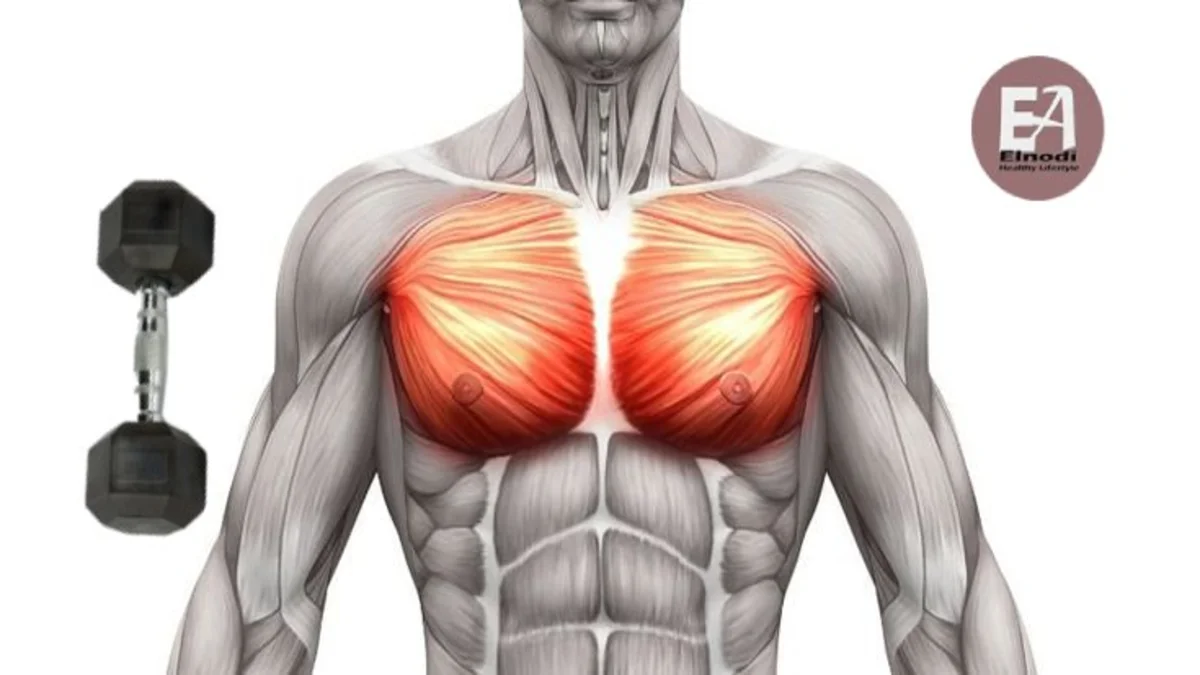Discover the extensive benefits of exercise, from improved physical health and mental well-being to enhanced longevity and quality of life
The value of the benefits of exercise cannot be emphasized in an age of sedentary lifestyles and fast-paced living. Aside from the physical benefits, persistent physical activity has a significant impact on mental, emotional, and social well-being. This article dives into the numerous benefits of exercise, emphasizing its function as a cornerstone of a better, happier life.
benefits of exercise
1. Physical Health Benefits

a. Weight Management
Regular exercise aids in weight management by burning calories and improving metabolism. It also helps to maintain a healthy body composition, lowering the risk of obesity-related diseases.
b. Improved Cardiovascular Health
Cardiovascular exercises like jogging, swimming, and cycling enhance heart health by strengthening the heart muscle, improving blood circulation, and reducing blood pressure levels.
c. Enhanced Immune Function
Physical activity strengthens the immune system, making the body more resistant to diseases and illnesses.
d. Better Bone Health
Walking, running, and weightlifting are all weight-bearing exercises that help enhance bone density, lowering the risk of osteoporosis and fractures.
e. Lower Risk of Chronic Diseases
Engaging in regular exercise is associated with a reduced risk of chronic conditions such as heart disease, type 2 diabetes, and certain types of cancer.
2. Mental and Emotional Well-Being

a. Stress Reduction
Exercise causes the release of endorphins, also known as “feel-good” hormones. These molecules aid in the relief of stress, anxiety, and sadness.
b. Improved Mood and Mental Clarity
Physical activity has been demonstrated to boost mood, cognitive function, memory, and focus.
c. Alleviation of Depression and Anxiety
Exercise is a powerful tool for managing and even preventing symptoms of depression and anxiety disorders. It stimulates the production of neurotransmitters like serotonin, which play a key role in mood regulation.
d. Enhanced Sleep Quality
Regular exercise promotes healthier sleep patterns, allowing people to fall asleep sooner and sleep for longer periods of time.
e. Boosted Self-Esteem and Confidence
Achieving fitness objectives and improving one’s physical appearance can considerably raise one’s self-esteem and confidence.
3. Social and Emotional Benefits
a. Enhanced Social Interaction
Participating in group activities, sports, or fitness programs allows for social connection, which alleviates feelings of loneliness and isolation.
b. Team Building and Cooperation
Engaging in team sports fosters a sense of camaraderie, teamwork, and cooperation, which can positively impact relationships both on and off the field.
c. Increased Motivation and Accountability
Exercising with a partner or in a group setting frequently boosts motivation and accountability, making individuals more likely to stick to their fitness habits.
d. Strengthened Relationships
Sharing physical activities with loved ones can strengthen bonds and create lasting memories.
4. Longevity and Quality of Life

a. Increased Lifespan
Regular exercise has been linked to a longer life expectancy, lowering the chance of premature mortality.
b. Maintained Independence in Older Age
Engaging in regular physical activity can help older adults maintain their mobility, balance, and independence as they age.
c. Improved Quality of Life
Exercise improves physical function, reduces pain, and boosts general well-being, all of which lead to a higher quality of life.
Conclusion
Regular exercise is more than just a part of a healthy lifestyle; it is the foundation of physical, mental, and emotional well-being. Exercise has numerous benefits, ranging from lowering the risk of chronic diseases to improving mood and cognitive performance. We pave the route to a healthier, happier, and more meaningful living by incorporating regular physical activity into our daily lives. Accepting the transforming power of exercise is a transformative journey toward a higher quality of life for all.





